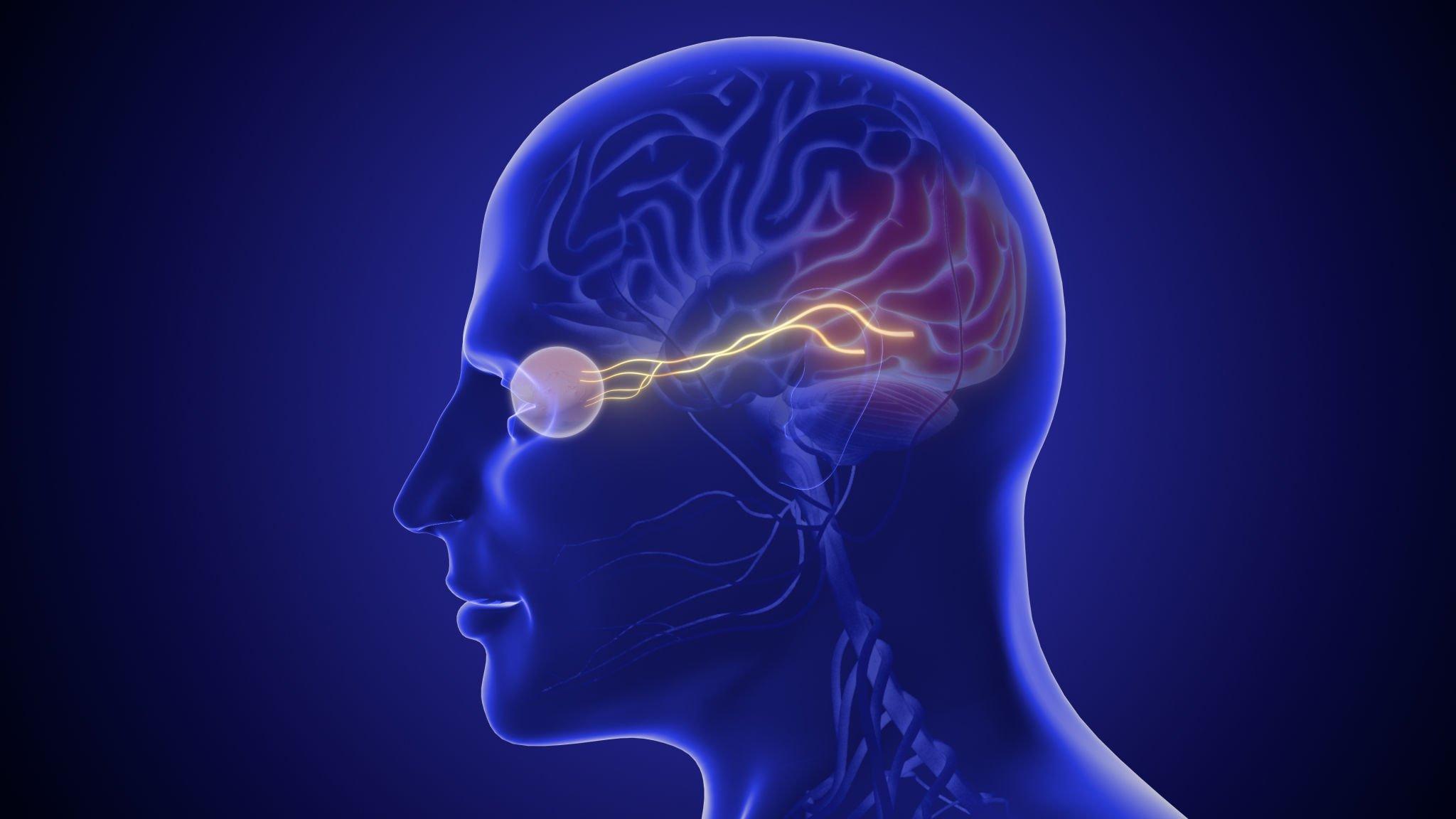Neuro Ophthalmology
When it comes to the brain, neuro ophthalmology is the area of expertise you need.

Neuro Ophthalmology
What is Neuro Ophthalmology?
When it comes to the brain, neuro ophthalmology is the area of expertise you need. As everyone knows, the human eye records what it sees and sends the data to the brain, where it is processed into usable images. The optic nerve is responsible for relaying these visual signals, thus any problems with it could lead to temporary or permanent loss of vision.

When to See an Eye Doctor for Neuro Ophthalmology Problems?
Neuro Ophthalmic issues are quite a concern for doctors; for if not treated on time, it could result in Optic Nerve atrophy (death of the optic nerve).
Reduced visual activity all of a sudden
Double vision and headaches
A less reactive pupil (pupil is the central part of eyeball that allows light to pass through)
Impairment of colour vision (especially inability to identify red & green colours)
Difficulty in seeing light (Photophobia)
Visual Field Defects (visibility coverage)
Neuro Ophthalmic Conditions – And here come the ‘scary’ words
You should expect to hear a lot of medical jargon when you see the doctor, but this is to be expected anywhere. Nonetheless, your doctor will make an effort to explain the finer points, so that you have a firm grasp of the illness/condition and can move on with the available treatment options. A few examples of neuro ophthalmology conditions are as follows.
OPtic Nutrition
An inflammation of the optic nerve causes this disorder. Inflammation can be caused by a wide range of factors, from infections to autoimmune diseases.
Papilloedema:
A tumour or other source of increased pressure within the skull can cause swelling of the optic disc (the circular area where the optic nerve joins to the retina, at the back of the eye).
Nutritional Optic Neuropathy:
Here, the poisonous compounds present in smoke and alcohol are to blame for the damage to the optic nerve. Nutritional deficiencies, especially in the B vitamins and folic acid, can potentially play a role in causing this.
Diabetic Neuropathy:
In this case, diabetes or high blood sugar levels are to blame for the damage to the optic nerve. Damage to the blood vessels in the retina causes visual loss as the disease progresses.
Each of these diseases kills the optic nerve in its own unique way, yet they all share a common fatal outcome if left untreated: blindness.
Neuro Ophthalmology Treatments – Pills or prayers?
If there is a problem with your optic nerve, your eye doctor should notice it during a routine examination. The next step is to have a CT or MRI of the brain to see if there is any corresponding damage there. When oral and injectable treatments are insufficient, surgery may be necessary. The following are examples of commonly used treatments:
Optic Neuritis:
In order to eliminate the infection and prevent future harm from immunological problems, antibiotics and corticosteroids are used.
Papilloedema:
It is treated medically by lowering intracranial pressure. If a tumour is to blame for the added pressure in the brain, surgery may be necessary.
Nutritional Optic Neuropathy:
Vitamin injections and a healthier way of life are prescribed.
Diabetic Retinopathy:
Since diabetes is the root cause, it’s crucial to treat the disease before it causes irreparable harm to the nerves and other blood vessels.
If not caught early, visual loss is almost certain to occur.
